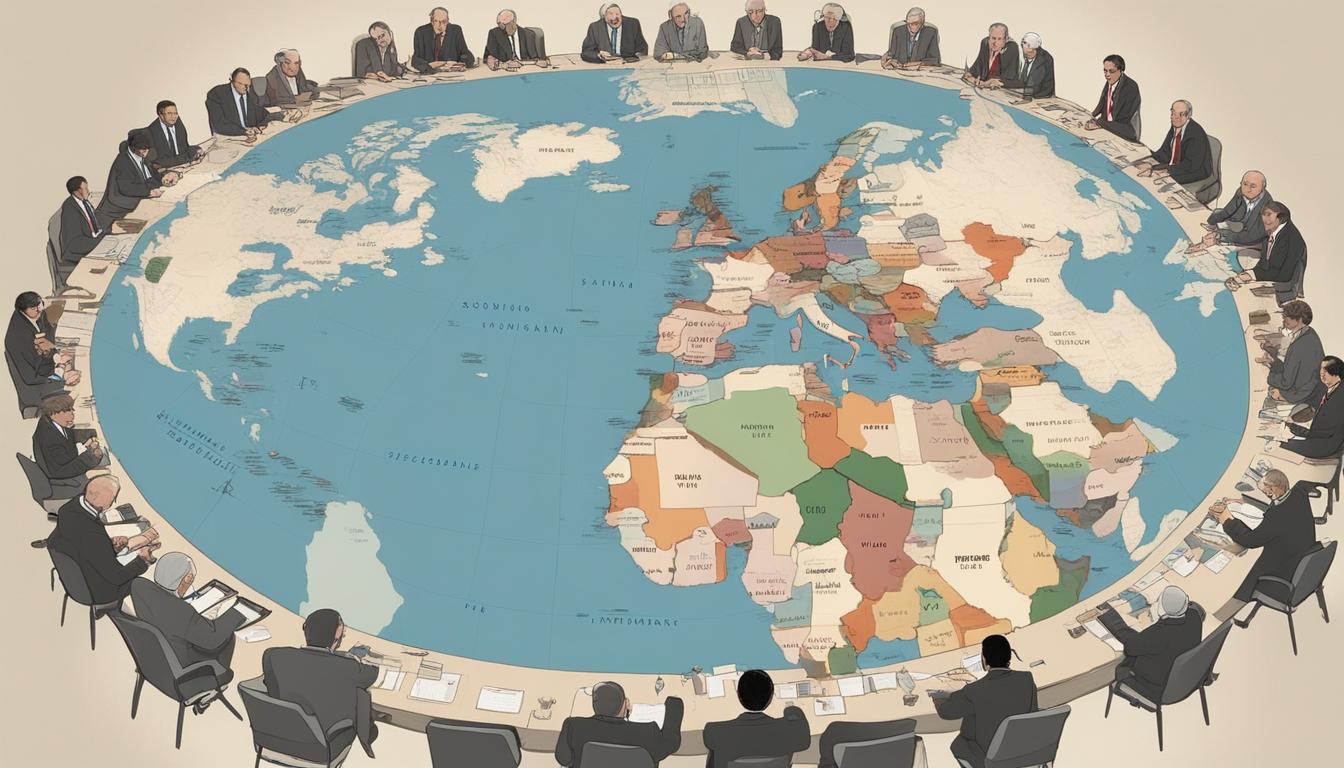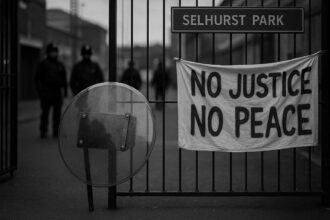As tensions escalate in Gaza, Israel considers expanding its military presence in response to an ‘inadequate’ ceasefire proposal from Hamas, with international efforts underway to mediate a sustainable peace.
As of May 2024, Israel has threatened to expand its military presence in Rafah, Gaza, responding to a Hamas-proposed hostage-for-ceasefire draft deemed inadequate by Israeli Prime Minister Benjamin Netanyahu. The escalation places over a million displaced Gazans at risk amid ongoing tensions. Although a collaboration involving the United States, Qatar, and Egypt is underway to reach a resolution, the US has paused precision weapons shipments to Israel due to the worsening humanitarian situation.
In parallel, the conflict has provoked a fervent debate in the UK Parliament, led by the Labour Party’s Shadow Foreign Secretary David Lammy, advocating for a ban on arms sales to Israel. However, Conservative MPs defend Israel’s actions, illustrating stark ideological divides within British politics regarding the international crisis management.
Regarding the peace negotiations, a disagreement persists over the conditions of a ceasefire, with Israel and Hamas locked in opposing agendas. Israel insists on retaining the right to military action post-ceasefire, prioritising security concerns linked to Hamas’s military capabilities. Hamas demands a permanent ceasefire, seeking an end to hostilities. The involvement of international mediators from Qatar, Egypt, and the US is critical, with all eyes on the evolving diplomatic efforts that aim to foster a sustainable peace agreement in the region.













